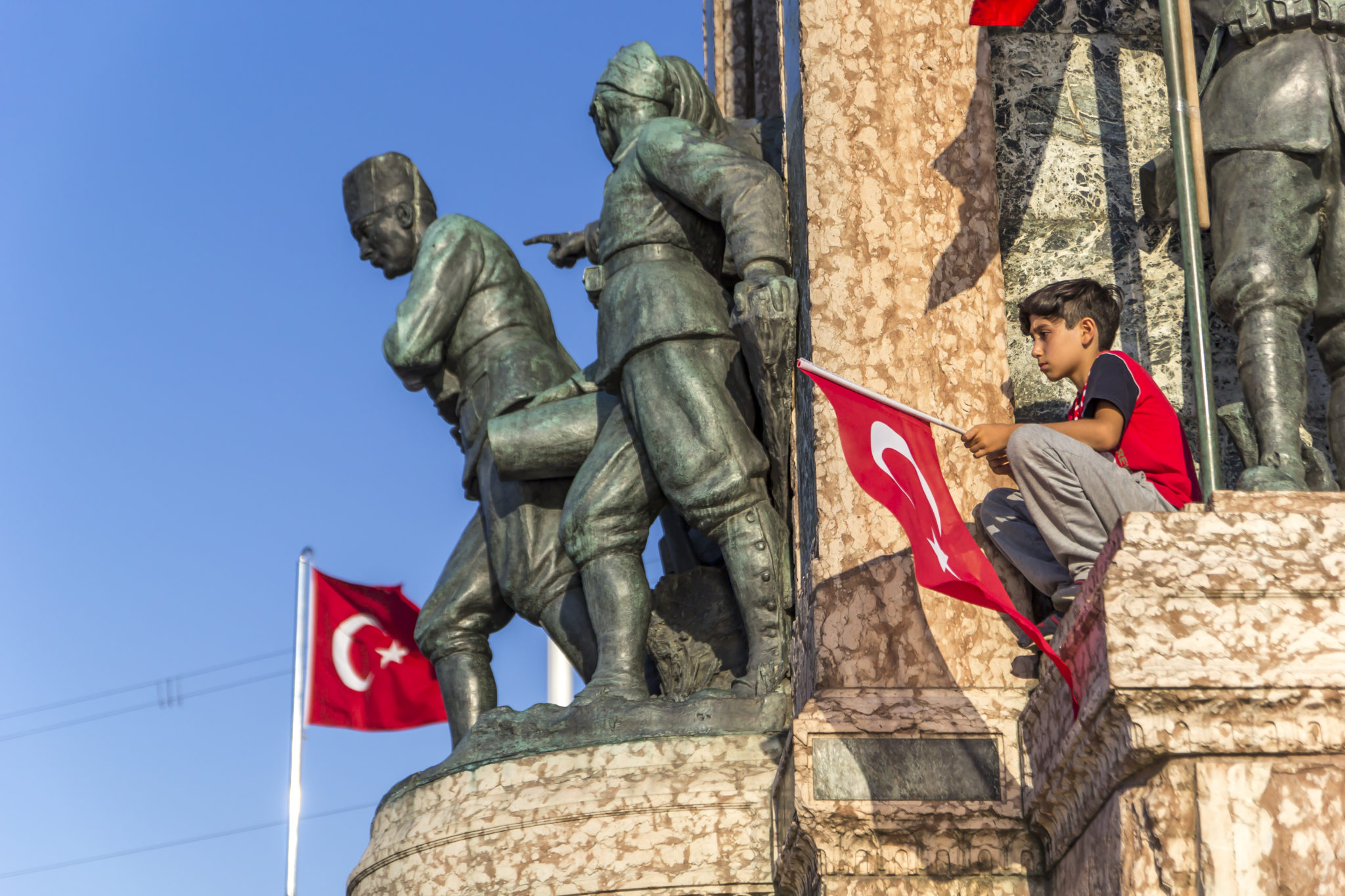
15 May 2017 Crash Course: The Latest Developments in Turkey in National Security and Defense
What’s at Stake in Turkey?
On April 16, Turkey voted to approve a referendum to enhance Recep Tayyip Erdogan’s powers as president, moving Turkey one step closer to a de facto system of one-man rule. Though Erdogan declared victory, international election monitors found the referendum was anything but free and fair. Over the past several years, Erdogan and his allies have mounted a sustained assault on freedom of speech and the rule of law, using the courts, along with occasional extra-judicial violence, to stifle critics, opponents, and Kurdish politicians.
Erdogan’s authoritarianism has not only made Turkey more unstable, it is undermining the decades-old and strategically valuable U.S.-Turkish relationship.
Below, we highlight the challenges facing Turkey today and the implications for the United States, as well as provide suggestions for how lawmakers can respond to questions about Erdogan’s visit to Washington, DC.
BPC believes the four biggest challenges to Turkish democracy and stability are:
- Disputed Referendum
- Rule of Law and Human Rights Abuses
- Crackdown on Free Speech
- Handling of the Kurdish Conflict
Suggestions for U.S. Policymakers
The key for U.S. policymakers, therefore, is to remain critical of Erdogan’s intensified efforts to crack down on his opponents through increasingly draconian means. Specifically, the U.S. government should:
- Call for a reputable and impartial international review of the referendum, and continue to treat the results as illegitimate until Turkey has a free press and independent judiciary capable of investigating all evidence of fraud.
- Remain firm in a commitment to the rule of law in Turkey and refuse to be a participant in Turkey’s purge by extraditing Turkish citizens in the United States who would be subject to unfair trials and torture upon their return to Turkey. To this end, the U.S. government should only comply with extradition requests from the Turkish government to the extent they conform with the standards and requirements of the U.S. legal system.
- Reiterate America’s commitment to freedom of speech, and call on the Turkish government to release those journalists who are currently imprisoned.
- Call for the release of Turkey’s imprisoned members of parliament and restate America’s support for a peaceful resolution to Turkey’s Kurdish conflict to ensure a coordinated effort against ISIS.
- Consider alternatives to Turkey’s Incirlik airbase in order to alleviate the additional leverage it gives Ankara’s bargaining position over the U.S.
Protecting the future of the strategically vital U.S. alliance with Turkey will require the United States to speak out firmly and publicly about the country’s slide into the form of unstable authoritarianism prophesied by the results of its recent referendum. President Erdogan’s upcoming visit to Washington, DC, provides lawmakers the perfect opportunity to do so.
